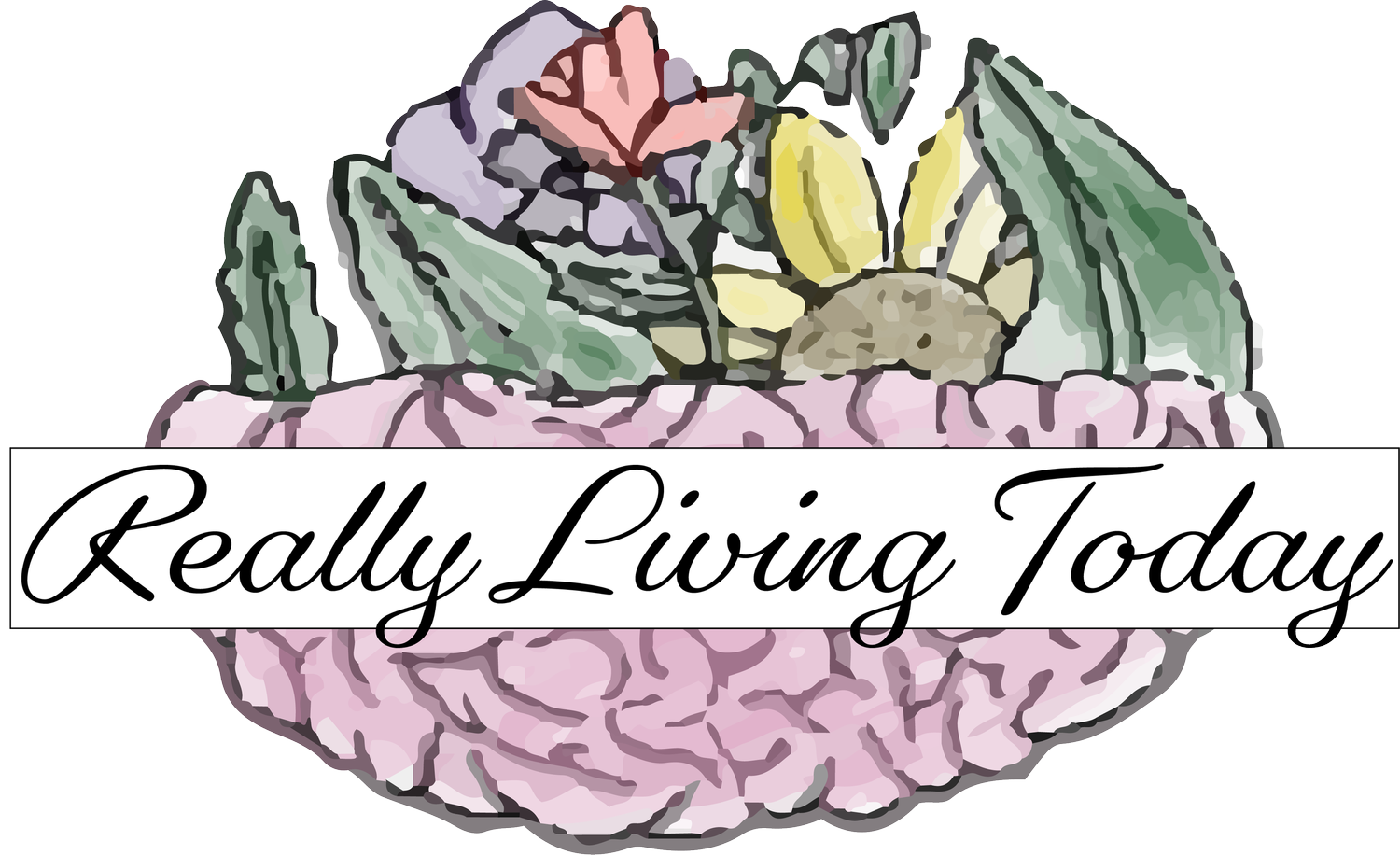Understanding Depression: A Clinical Perspective
Depression is a complex mental health condition that affects mood, behavior, and physical health. It extends beyond occasional sadness or temporary discouragement—clinical depression involves persistent symptoms that interfere with daily functioning, relationships, and overall well-being.
From a clinical standpoint, depression is often associated with changes in brain chemistry, neurotransmitter activity, and stress hormone regulation. Genetic factors, early life experiences, and chronic medical conditions can also increase vulnerability. While the causes vary, depression is recognized as a treatable condition that benefits from evidence-based interventions such as psychotherapy, pharmacotherapy, and lifestyle modification.
Common Symptoms Include:
Persistent sadness, emptiness, or irritability
Loss of interest or pleasure in previously enjoyable activities
Changes in sleep or appetite
Fatigue or loss of energy
Difficulty concentrating or making decisions
Feelings of guilt, worthlessness, or hopelessness
Thoughts of death or suicide
Early intervention is clinically significant. Research consistently shows that individuals who receive treatment early experience better long-term outcomes. Cognitive Behavioral Therapy (CBT), EMDR, and other structured therapies help address maladaptive thought patterns and improve emotional regulation. In some cases, medication prescribed by a qualified provider can restore neurochemical balance and reduce symptom intensity.
Depression is not a sign of weakness but a medical condition that requires understanding, assessment, and care. Recovery involves a combination of professional treatment, supportive relationships, and consistent follow-up. With appropriate clinical support, individuals can experience significant symptom relief and a return to meaningful functioning.
